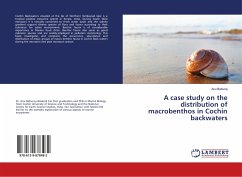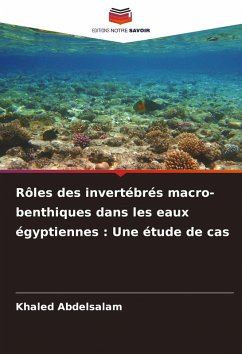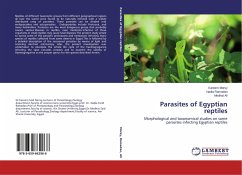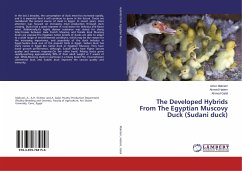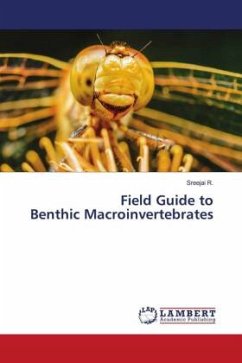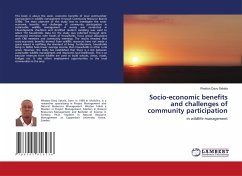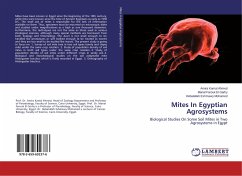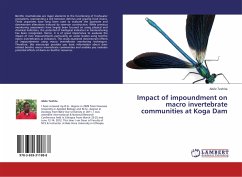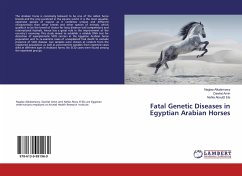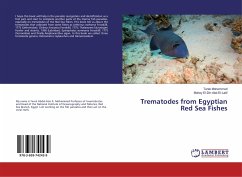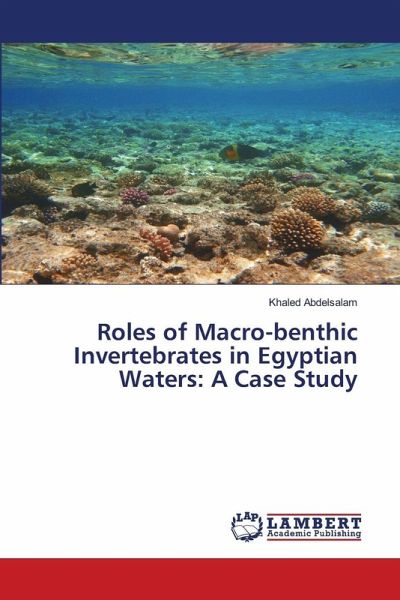
Roles of Macro-benthic Invertebrates in Egyptian Waters: A Case Study
Versandkostenfrei!
Versandfertig in 6-10 Tagen
45,99 €
inkl. MwSt.

PAYBACK Punkte
23 °P sammeln!
Benthos refers to organisms (plants and animals) living on or in the bottom of aquatic ecosystems, including marine, brackish, and freshwater environments. Environmental factors such as depth, salinity, and sediment type significantly influence the composition and richness of macro-benthic communities.Egyptian aquatic environments encompass the Nile River, Egypt's primary freshwater source, and the marine coasts of both the Mediterranean and Red Seas. Numerous studies have highlighted the diverse roles of macro-benthic invertebrates in these ecosystems. Key roles include serving as food source...
Benthos refers to organisms (plants and animals) living on or in the bottom of aquatic ecosystems, including marine, brackish, and freshwater environments. Environmental factors such as depth, salinity, and sediment type significantly influence the composition and richness of macro-benthic communities.Egyptian aquatic environments encompass the Nile River, Egypt's primary freshwater source, and the marine coasts of both the Mediterranean and Red Seas. Numerous studies have highlighted the diverse roles of macro-benthic invertebrates in these ecosystems. Key roles include serving as food sources within the food chain, providing nutrition for humans, and being sources of marine natural products used in medical and economic sectors. Additionally, they act as bio-indicators of environmental health.However, some macro-benthic invertebrates have adverse roles, such as acting as intermediate hosts for diseases like schistosomiasis, producing toxins harmful to humans, and being invasive species that damage the environment and economy. Marine fouling organisms also play a detrimental role in marine industries by impairing infrastructure and increasing maintenance costs.



